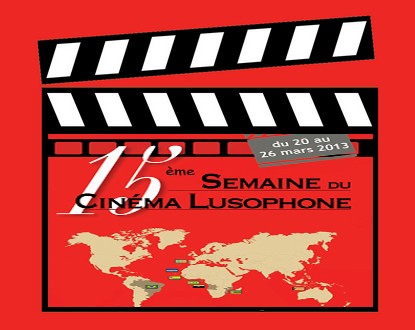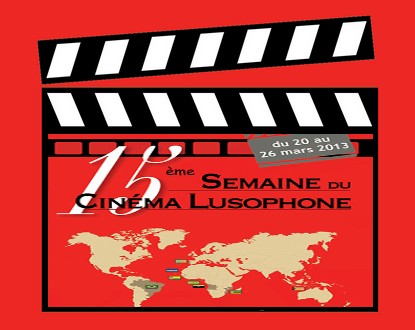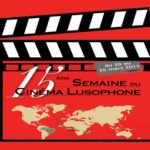On the occasion of the 15th Lusophone Film Week, an exhibition of Lusophone cinema posters will take place from March 16 to 23 at the Museaav with prestigious guests and speakers such as Maria Esperança PASCOAL (director), João CANIJO (director), Henrique ESPÍRITO SANTO (actor), Octavio ESPÍRITO SANTO (Chief Operator – Director of Photography), Missinho KARAIVA (Musician), Fernando ALVES (Musician), Rancho Folklorique Group from Nice, Rancho Folklorique Group from Saint-Laurent du Var, Portuguese Union Folkloric Group of Cannes, Pedro DA NÓBREGA (historian).
The essence of Portuguese cinema could be summarized by stating that it grew and asserted itself in resistance to a fascist dictatorship with pervasive censorship for nearly half a century.
This reason, combined with the poverty of the resources allocated to it during the “Salazarist” regime, led it to explore paths of auteur cinema in order to circumvent the scissors of a censor as finicky as it was omnipresent, while also trying to exist amidst a scarcity of resources.
The trajectory of the emblematic figure of Portuguese cinema, the more than centenarian Manoel de Oliveira, is eloquent in this regard. After a few short films in the thirties, including the magnificent “Douro, Faina fluvial,” and a remarkable feature film “Aniki-Bobo” in 1942, his other films, including documentaries and short films, only had confidential screenings until 1974. It took the Carnation Revolution in April 1974 to liberate the country from half a century of dictatorship and allow Portuguese cinema to finally take off. It was from this moment on that it was able to fully express its rich talent as a filmmaker with countless productions and reach an international audience.
A period of creative effervescence, full of all boldness and experimentations, though still marked in the collective unconscious by reflexes attached to the long suppression of any “subversive” creativity, the period highlighted by these posters is also when Portuguese cinema questions its relationship to society and an ongoing revolutionary process.
It is also this context that exacerbated the creative vein and the authorial vocations in Portuguese cinema, as evidenced today by filmmakers like João Botelho, Miguel Gomes, Mario Barroso, João Canijo, or Catarina Ruivo.
 This exhibition of Portuguese cinema posters and photo-portraits of the directors involved bears witness to this entire period and its trajectory, where film clubs played an essential role in ensuring that a creative Portuguese cinema endured.
This exhibition of Portuguese cinema posters and photo-portraits of the directors involved bears witness to this entire period and its trajectory, where film clubs played an essential role in ensuring that a creative Portuguese cinema endured.
Pedro Da Nóbrega (Lusophone Communication Space)
The film program at the Mercury (a program is also planned at the MJC Picaud in Cannes and at the Toiles de Lumières in Mouans-Sartoux):
Wednesday 20: Stories that don’t exist / Thursday 21: special Raul Ruiz day The Lines of Wellington / Friday 22: Blood Ties / Saturday 23: Tabu / Sunday 24: Here, Everything is Fine / Monday 25: Journey to Portugal / Tuesday 28: Embargo



